Recent
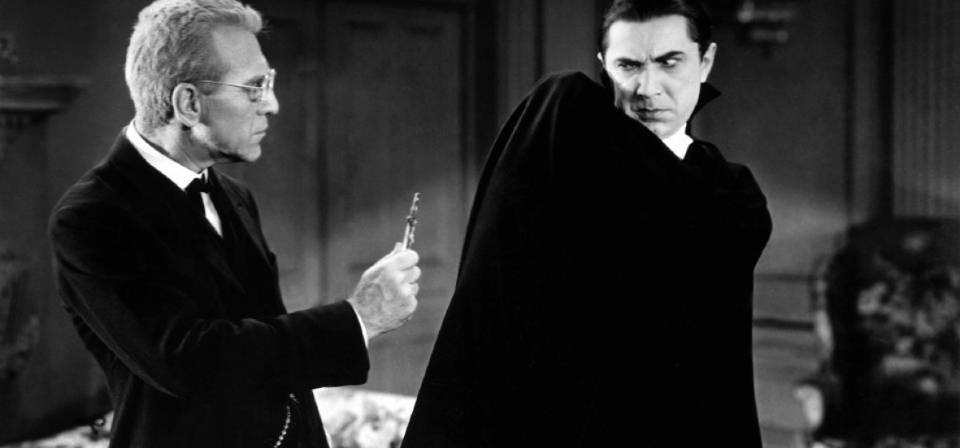
The sacred and the profane: Religious themes in vampire fiction
Almost from the beginning, vampire fiction has been a battleground between the powers of heaven and hell.
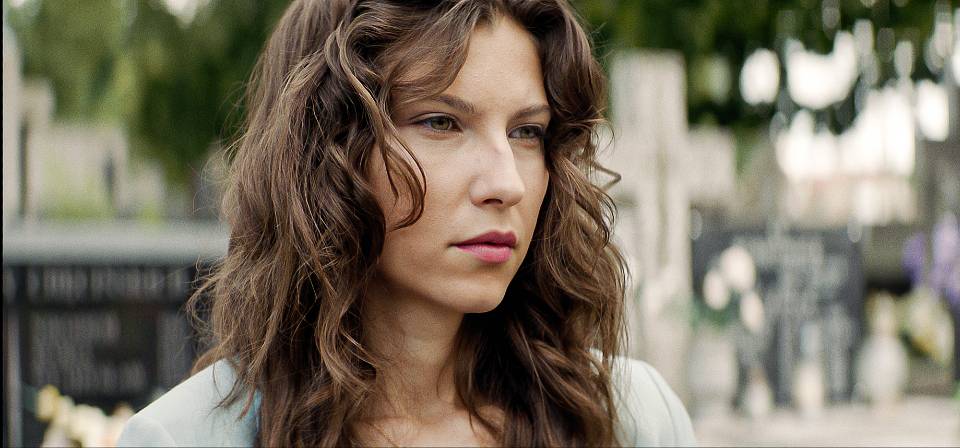
How do you make a documentary about purgatory? Not like this.
That our hatred should burden souls in the process of purification makes sense, but that our grief should burden them seems baffling and cruel — and it’s not a passing idea tossed off in one line.
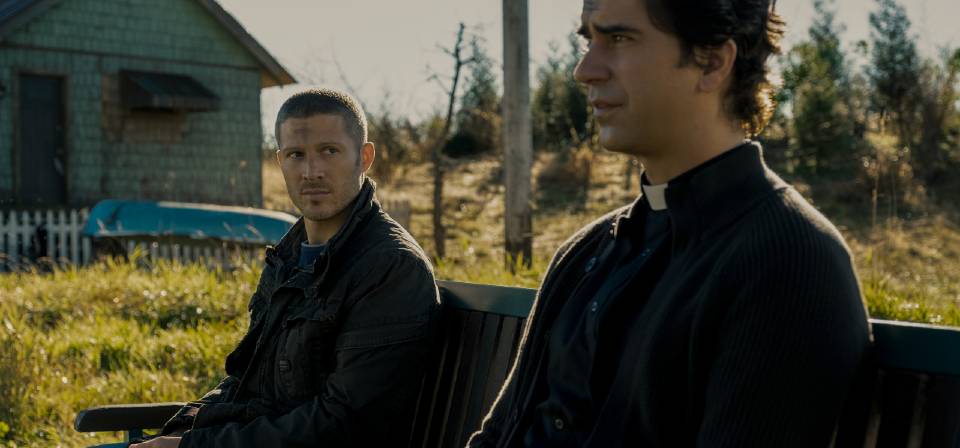
Midnight Mass is drenched in blood and Catholicism, but there’s one thing missing
Midnight Mass isn’t the first vampire story to blend vampirism as a metaphor for addiction with literal substance abuse. It is, however, probably the only paranormal horror story to focus so intently on the role of religion in recovery.
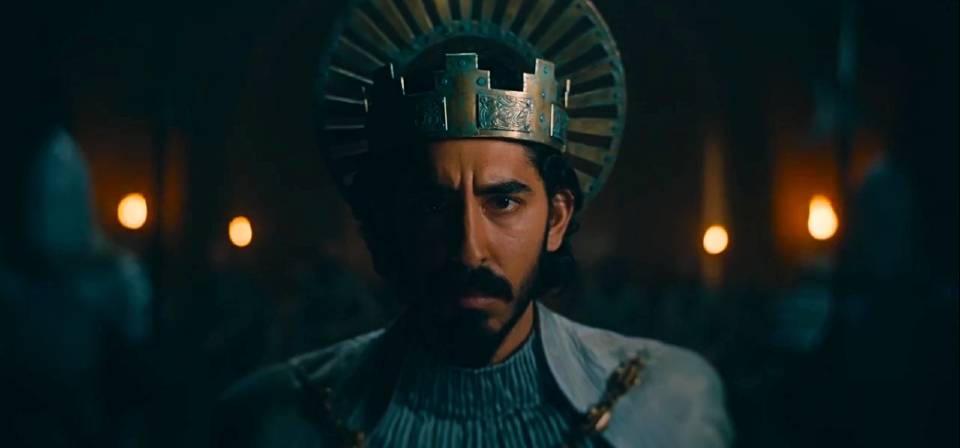
A deep cut: The Green Knight
After the library of books that is the Bible, no literary corpus means more to me than Arthuriana, and no Arthurian work means more to me than Sir Gawain and the Green Knight.
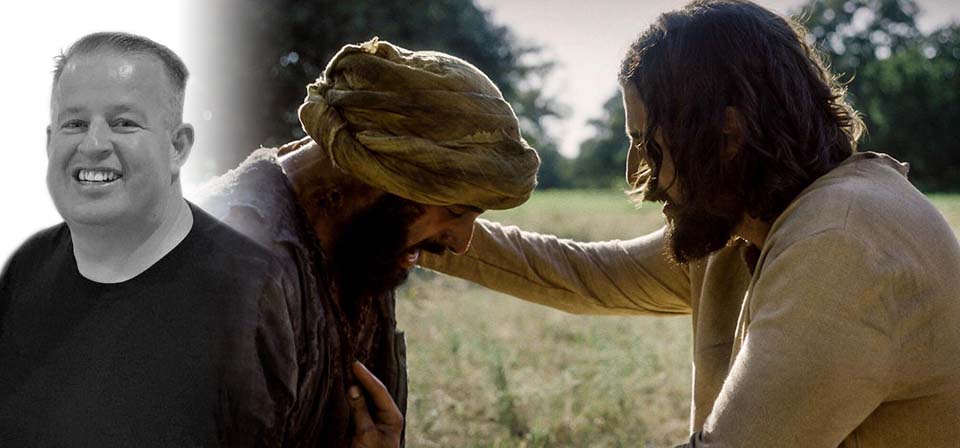
Interview: The Chosen producer Derral Eves
Part of the success story behind writer-director Dallas Jenkins’ popular life-of-Jesus TV series is the remarkable crowdfunding approach spearheaded by viral marketing strategist Derral Eves.
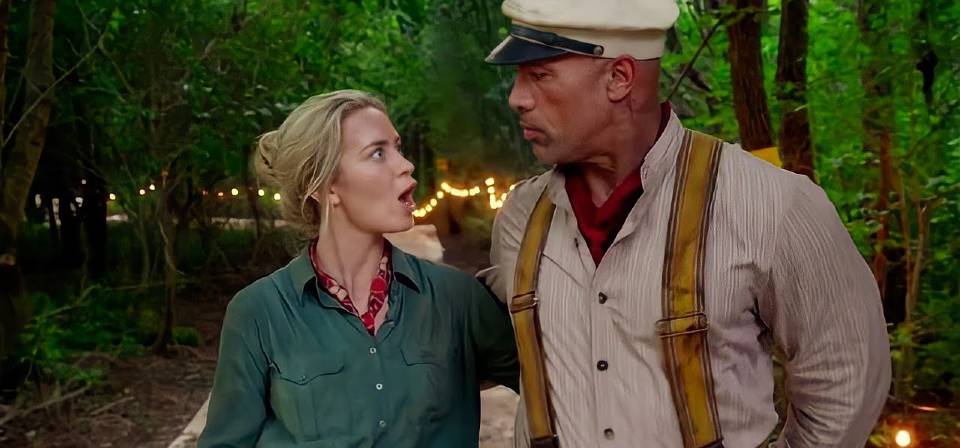
Jungle Cruise (2021)
Dwayne Johnson and Emily Blunt are highly watchable, but Disney’s latest theme-park movie trails haplessly in the wake of Pirates of the Caribbean without a ghost of its inspiration.
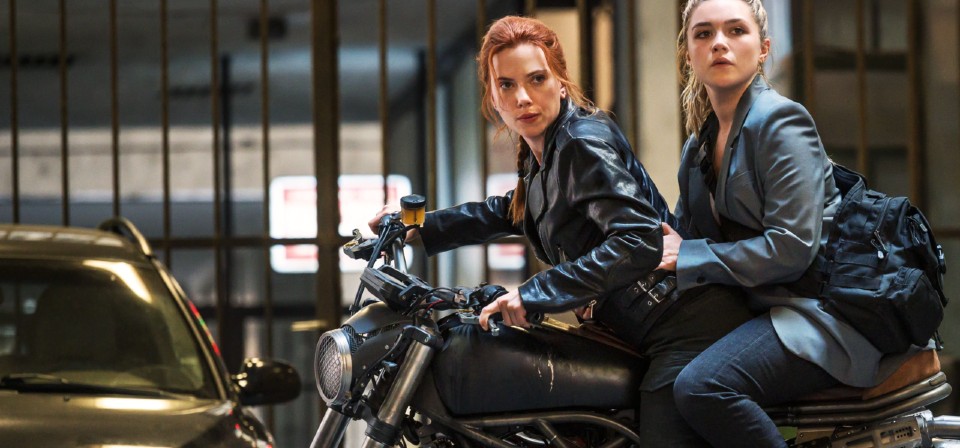
Black Widow (2021)
If it took a full-on case of amnesia to put Jason Bourne on the path to redemption, how do you redeem a Black Widow?
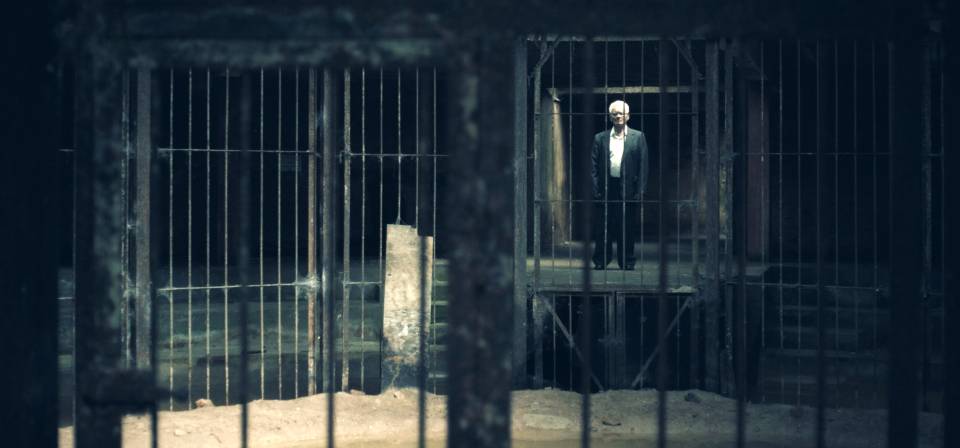
Of Animals and Men: Extraordinary story, mixed presentation (2019)
Of Animals and Men tells a story of light shining in the darkness — but the preciousness of the light depends in a way on the prevalence of the darkness, and, in that connection, it must not be forgotten that the Nazis were not the sole agents of darkness.
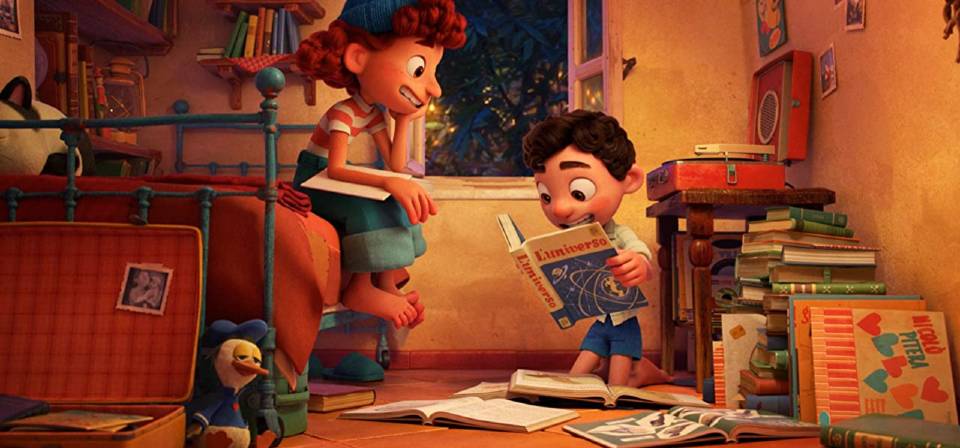
Luca (2021)
In Pixar’s Luca, a gentle, overtly Miyazaki-esque coming-of-age period piece struggles under the heavy weight of iron-clad Disney/Pixar formula requirements and story beats. The charming elements work well enough to carry the film, but only just.

A Quiet Place Part II (2021)
There are day-to-day crises and traumas that are somehow absorbed into the continuity of our lives, and then there are inexorable turning points that divide our lives into “before” and “after.”
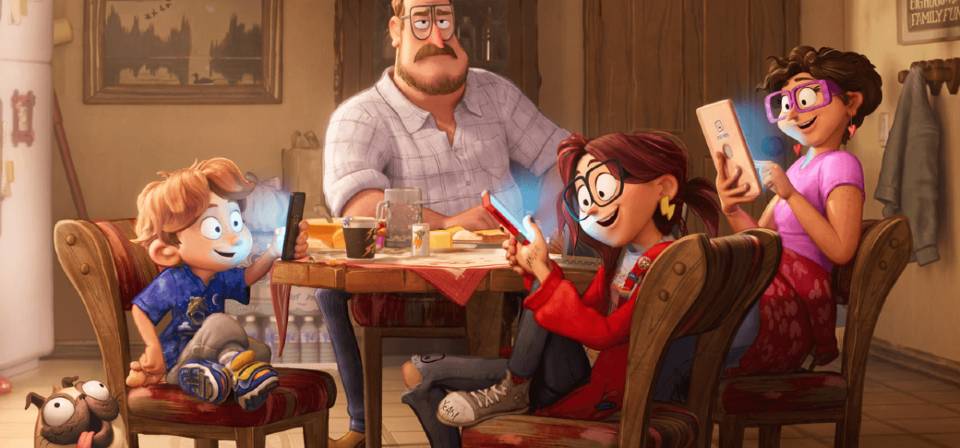
The Mitchells vs. the Machines (2021)
In some ways The Mitchells vs. the Machines harks back to Cloudy With a Chance of Meatballs. Most obviously, it’s another goofy, rollicking techno-apocalypse centered on a bumpy parent-child relationship between an awkward, gifted youngster and a handy but technophobic dad.
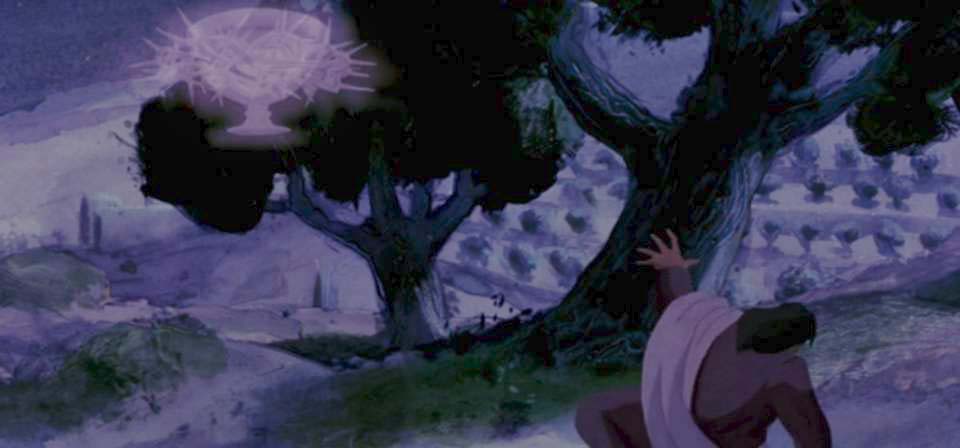
A Triduum ritual: The Miracle Maker
Our seasonal movie-watching during Advent, Lent, and the Christmas and Easter seasons varies from year to year, but Triduum is always the same.
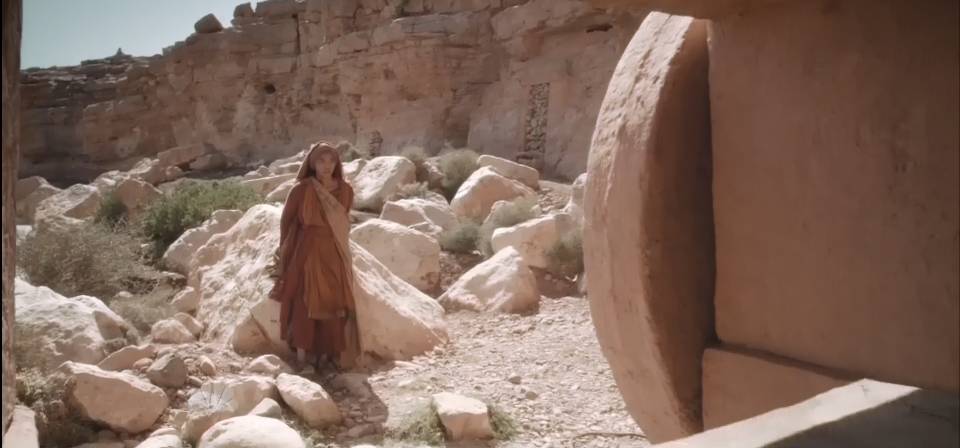
Resurrection (2021)
The Bible world of Roma Downey and Mark Burnett’s LightWorkers Media productions sometimes seems not unlike a movie about Shakespeare in which you hear lines like “To be or not to be, that is the question” and “All the world’s a stage, and all the men and women merely players,” but everyone seems to have heard them already.
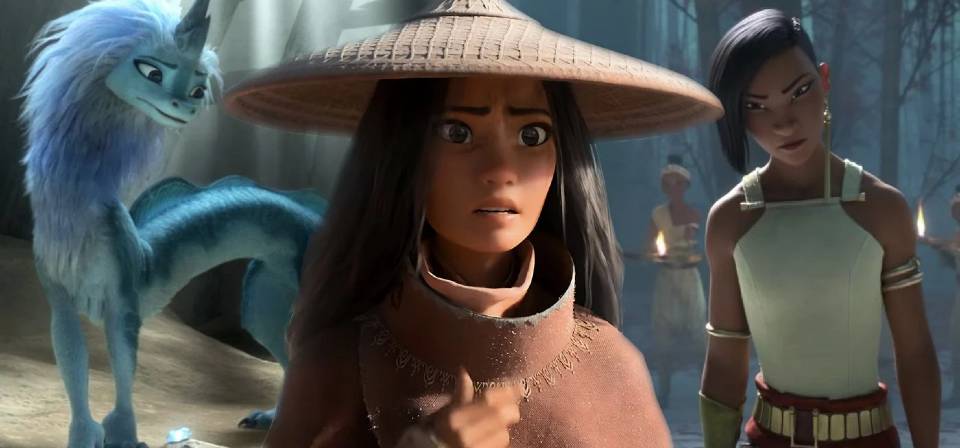
Raya and the Last Dragon (2021)
If Disney’s Raya and the Last Dragon seems familiar, that might be because … well, because of echoes of a lot of things, really.
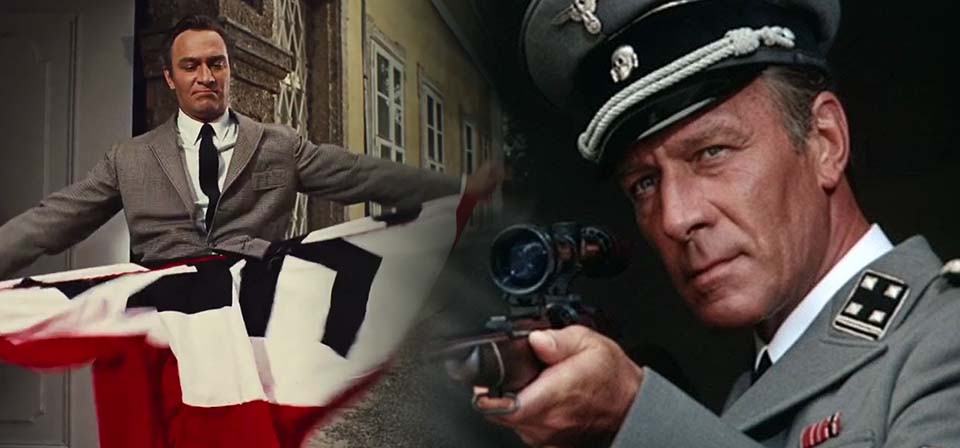
Christopher Plummer, the cross, and the swastika
“That damn movie follows me around like an albatross,” Christopher Plummer once fumed about the one film for which — despite a prolific, varied, successful career in film, television, and theater — he would always be best known.
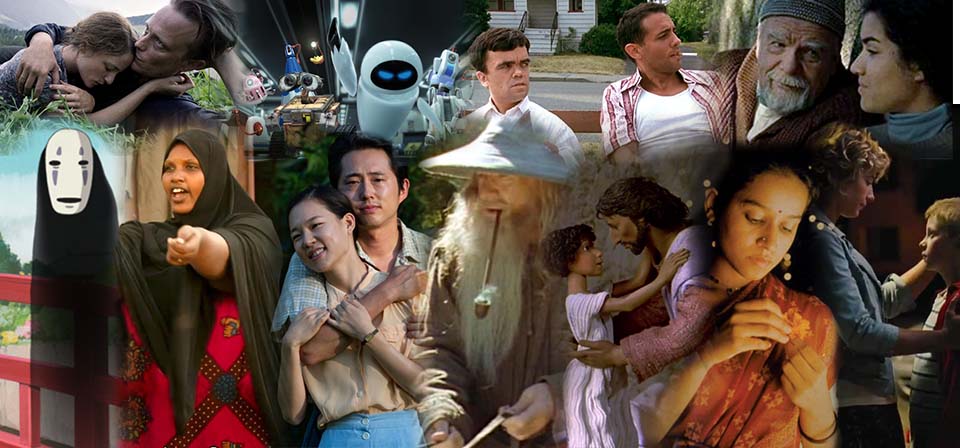
SDG’s top films, 2000 – 2020
21 years. That’s how long I’ve been at this. A film list 21 years in the making. 21 top films. 21 runners-up. 21 honorable mentions.
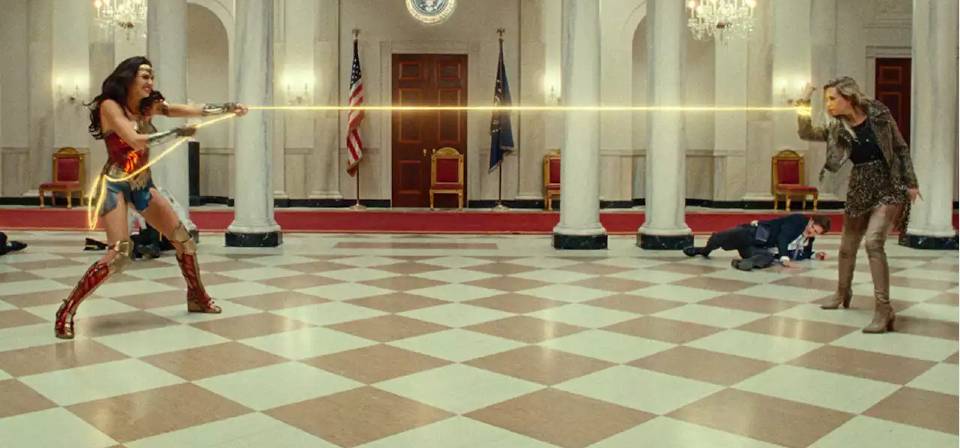
Wonder Woman 1984 (2020)
Wonder Woman 1984 is bonkers in a way that superhero movies these days don’t have the nerve to be.
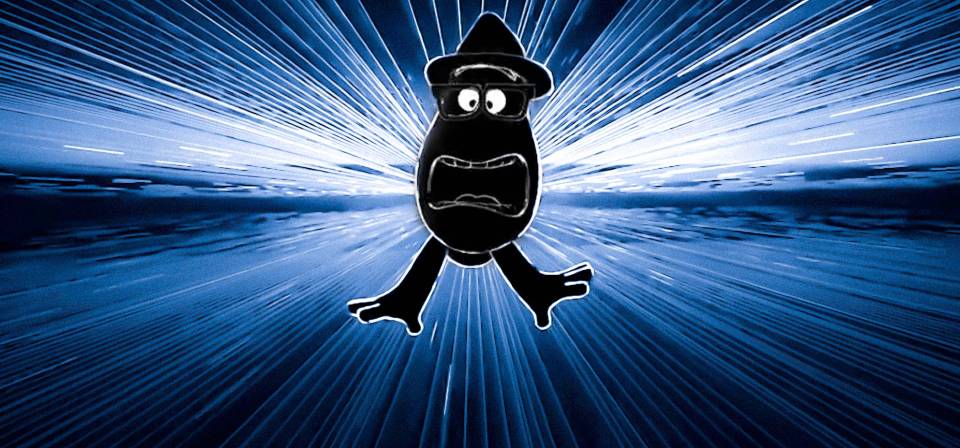
Soul (2020)
Pete Docter’s Soul is Pixar’s third straight original feature, following Coco and Onward, that is explicitly about death, finality, and, in some way, what lies beyond.
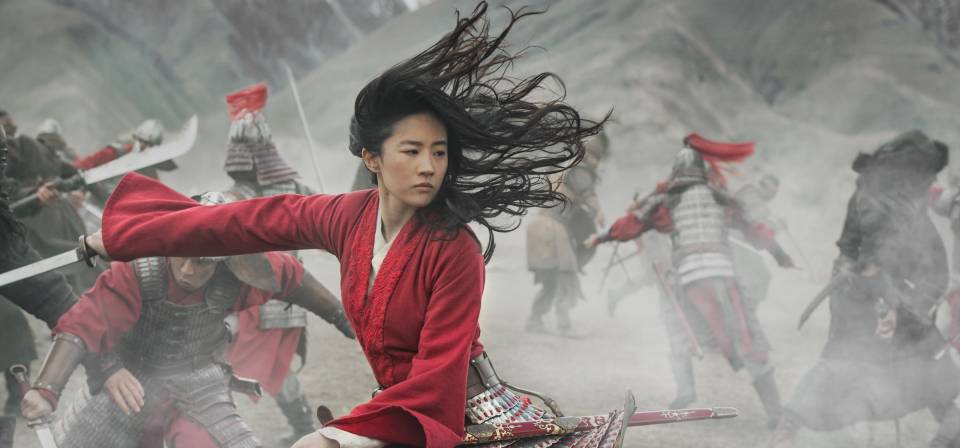
Mulan (2020)
At this point it seems pretty clear that the kiss of death, creatively speaking, for Disney’s new line of live-action/CGI remakes is a Broadway musical.
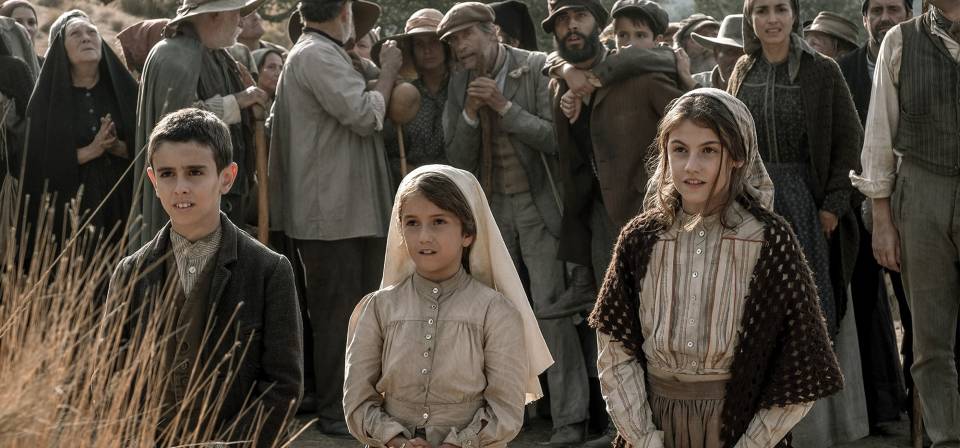
Fátima (2020)
Marco Pontecorvo’s Fátima is the first screen version of the Marian apparitions at Fátima and the “Miracle of the Sun” I’ve seen that feels like the characters are living through the story’s events in the present tense.
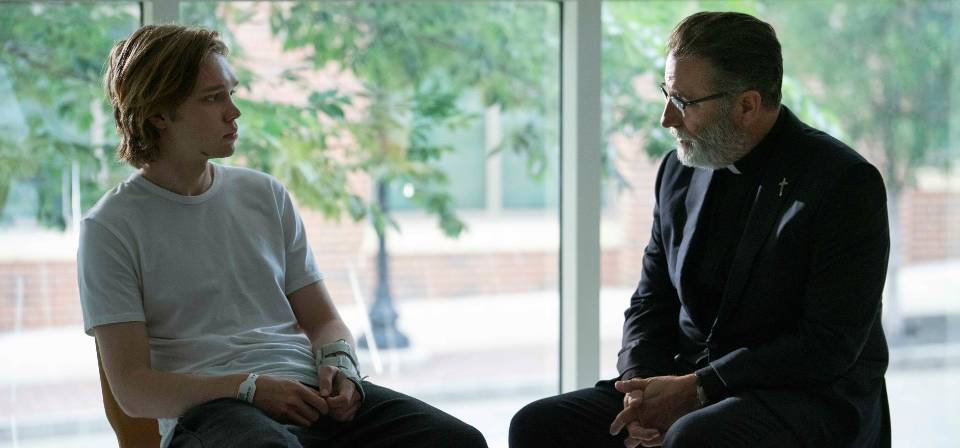
Words on Bathroom Walls (2020)
Halfway through I found myself rooting for the film to be the best version of itself, a sign that a film is working even when it’s not completely successful.
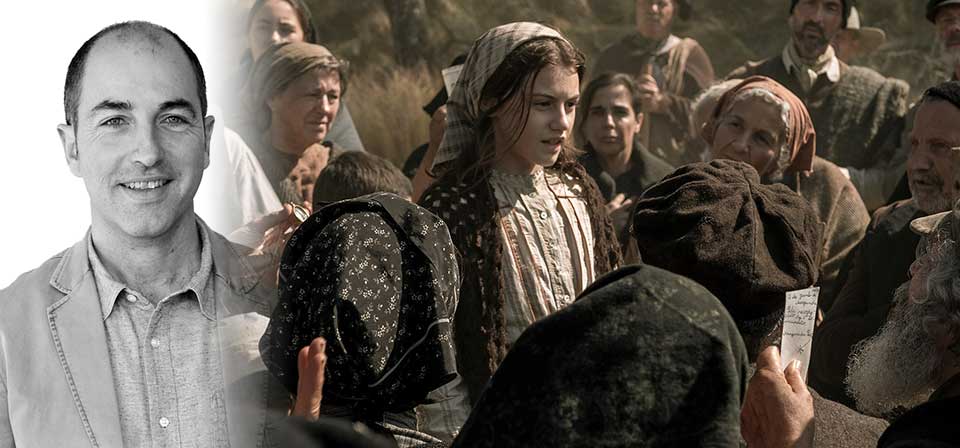
Filming Fátima: Interview With Filmmaker Marco Pontecorvo
The cowriter and director of a new film about Our Lady of Fátima talks about why he was drawn to the story and how he tried to realize the miraculous, from a very human Virgin Mary to surreal visions of war and hell.

AKA Jane Roe: Unraveling the complicated life of Norma McCorvey (2020)
The FX documentary asks hard questions of both sides of the abortion debate — but only one side gets thoughtful answers
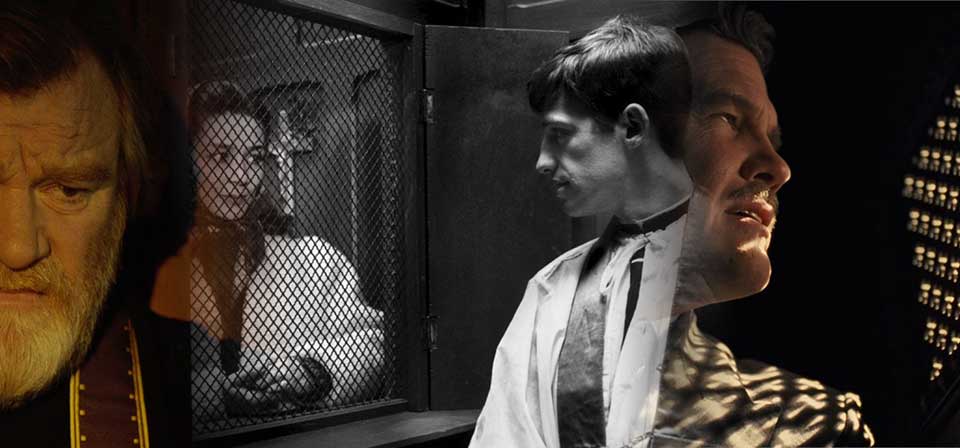
In search of true confession in the movies
Of the seven sacraments at the heart of the Church’s life, from the very beginning perhaps the most intriguing to filmmakers has been, ironically, the least visually impressive — a hidden rite involving only the minister and the recipient.
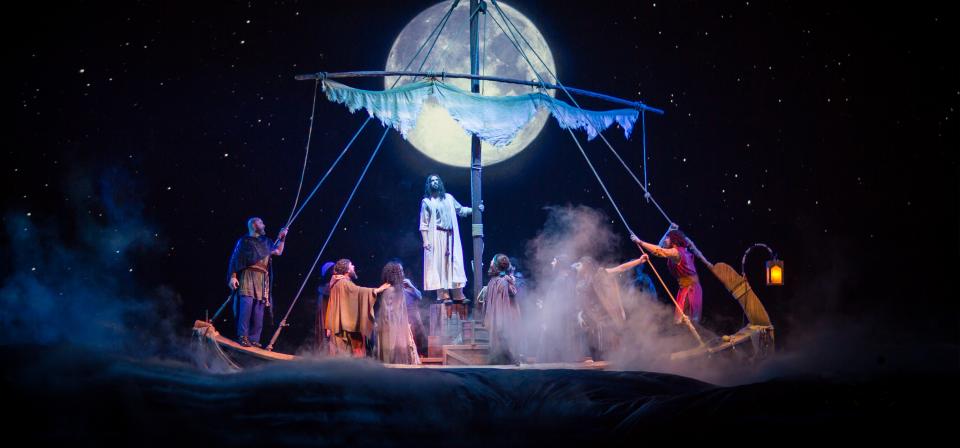
Sight & Sound Theatre’s Jesus: An Evangelical Gospel story
“Where the Bible comes to life” is the slogan of Sight & Sound Theatres, headquartered in Lancaster County, Pennsylvania, in the heart of Amish country.
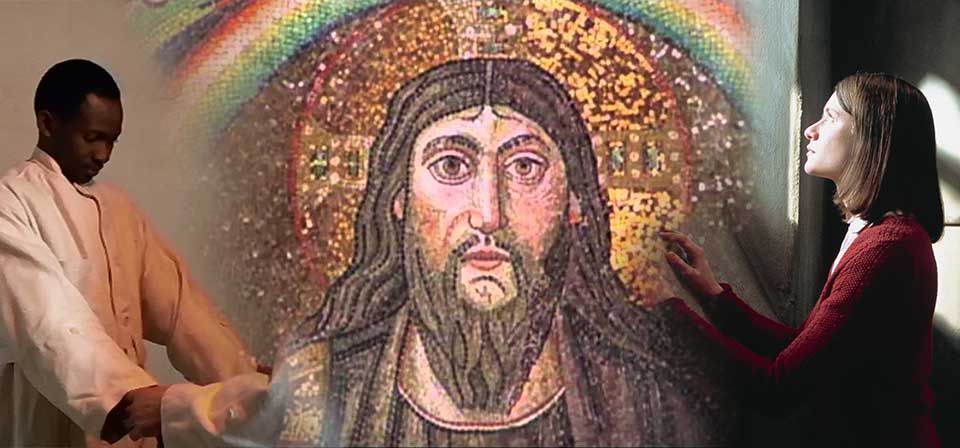
Coronavirus Quarantine Streaming Options for Lent and Easter (and More)
In the last few weeks, articles about movies to stream while sheltering in place during your coronavirus quarantine have proliferated across the internet almost as fast as the virus has spread around the world. What makes this article different?
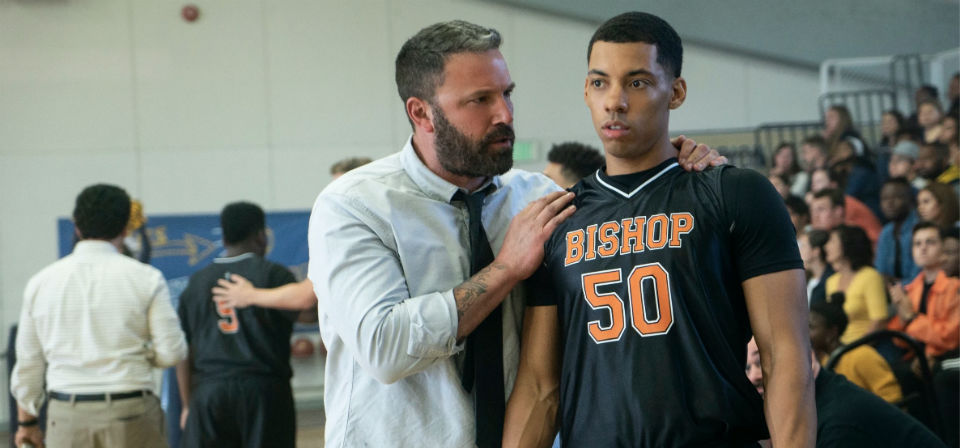
The Way Back (2020)
The Way Back blends the beats of two familiar genres, the underdog sports movie and the addiction and recovery movie, in the process finding a rhythm that feels at once familiar and not quite like anything I’ve seen before.
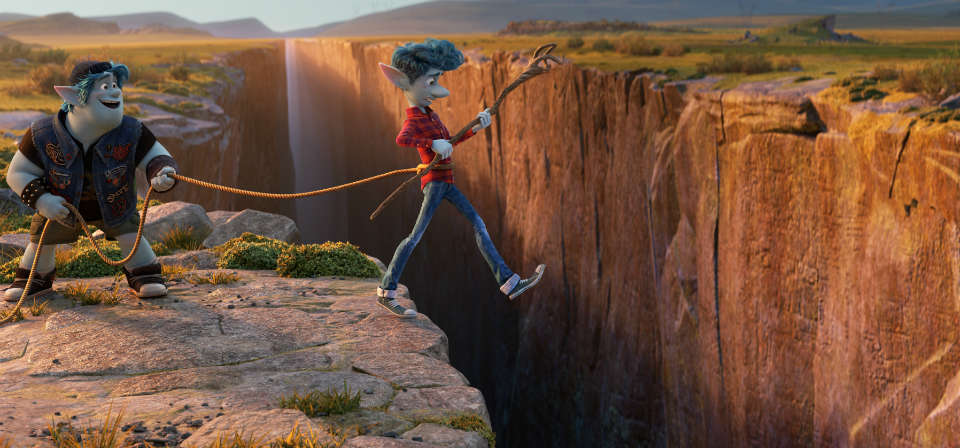
Onward (2020)
Pixar’s movies tend to play as metaphors for the creative rise and fall of Pixar itself. When someone says “Maybe this place isn’t as adventurous as it used to be,” it’s hard not to hear an echo of the filmmakers’ voices.
![Parasite [video]](/uploads/articles/parasite.jpeg)
Parasite [video] (2019)
Bong Joon-Ho’s brilliantly constructed art-house hit is the most powerful of this year’s many takes on the theme of haves and have-nots.
![Little Women [video]](/uploads/articles/littlewomen.jpeg)
Little Women [video] (2019)
Is there anything new to say about Louisa May Alcott’s beloved, much-adapted classic? Thrillingly, Greta Gerwig finds that there is.
Recent
- Benoit Blanc goes to church: Mysteries and faith in Wake Up Dead Man
- Are there too many Jesus movies?
- Antidote to the digital revolution: Carlo Acutis: Roadmap to Reality
- “Not I, But God”: Interview with Carlo Acutis: Roadmap to Reality director Tim Moriarty
- Gunn’s Superman is silly and sincere, and that’s good. It could be smarter.
Home Video
Copyright © 2000– Steven D. Greydanus. All rights reserved.